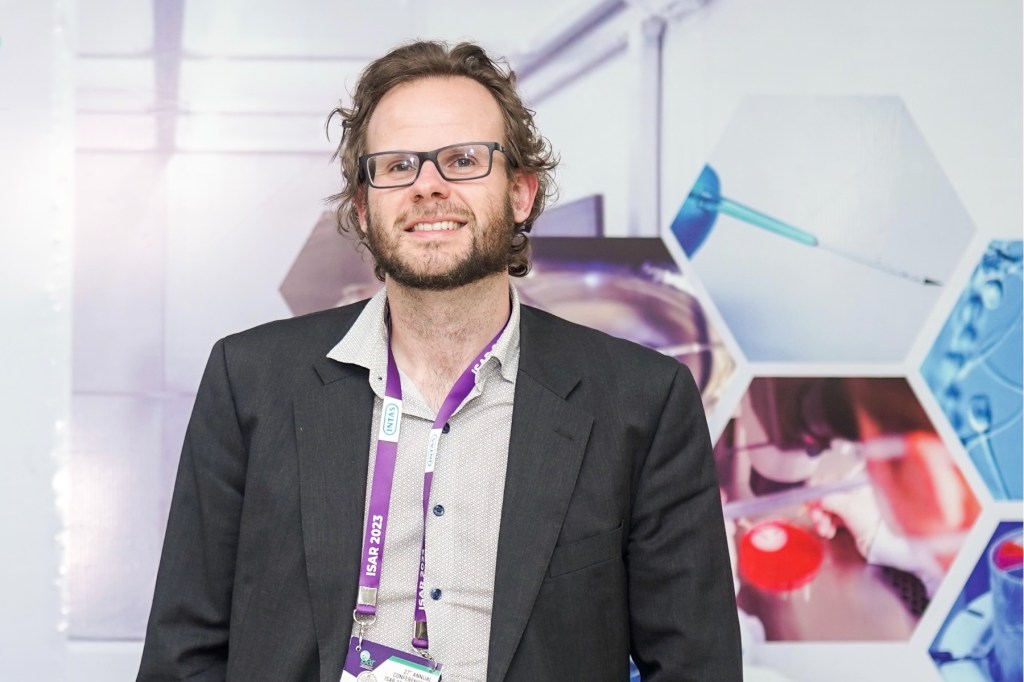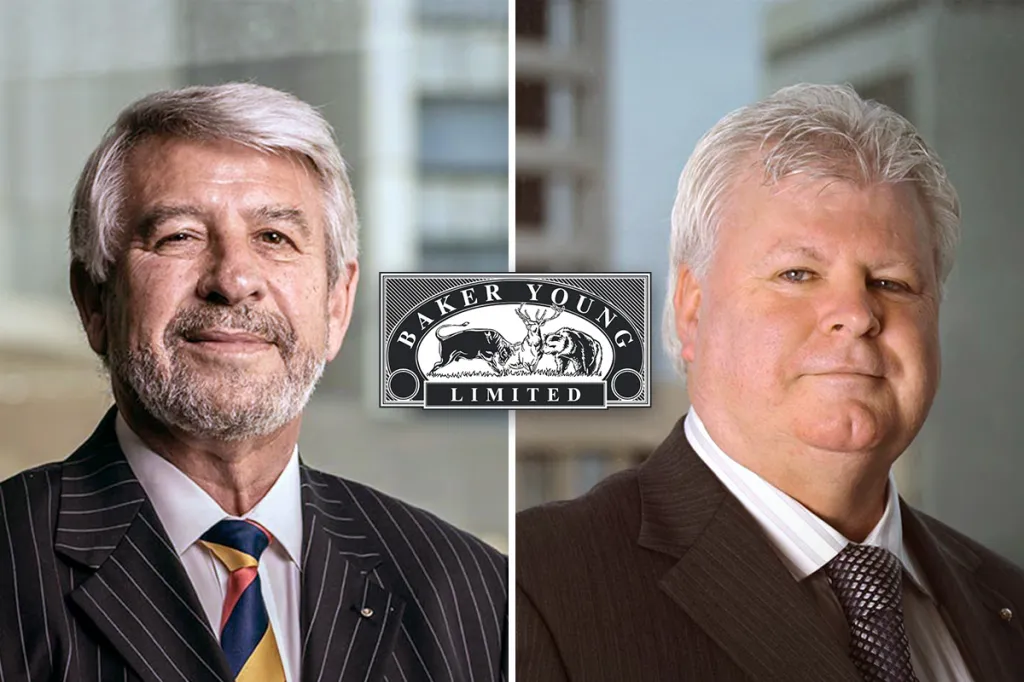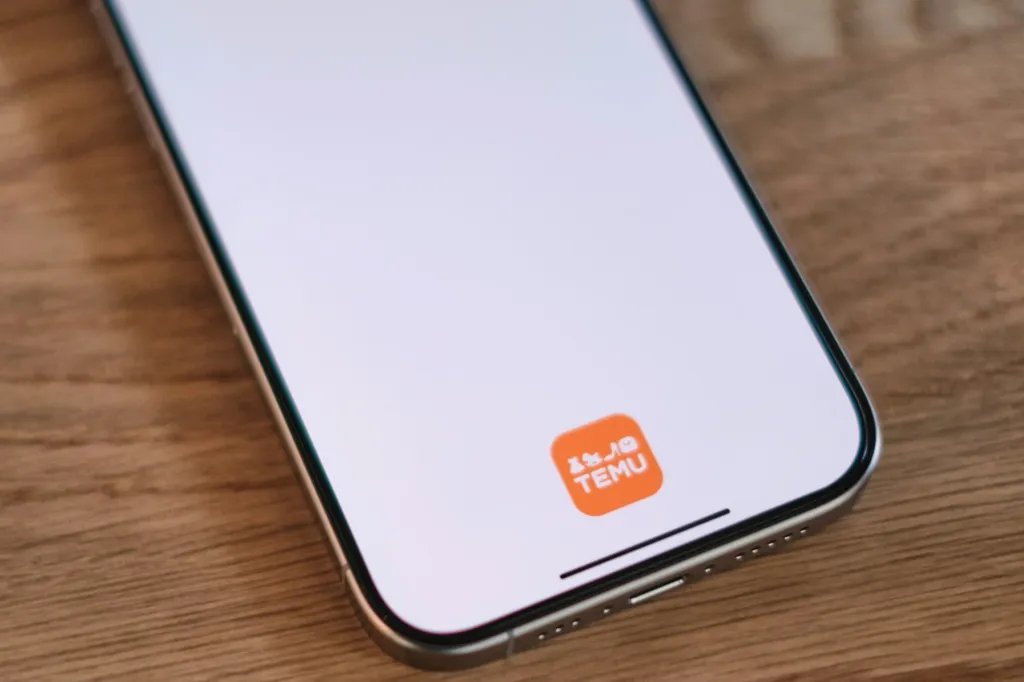Presagen co-founder forms new AI-powered drug discovery company
Hot on the heels of selling Life Whisperer to a Japanese IVF firm, a co-founder of Adelaide-based health tech Presagen has created a new company to accelerate the discovery of life-saving drugs.

The sale of Presagen subsidiary Life Whisperer to Japan’s Astec – a global IVF player – marked the end of an eight-year journey for co-founder Dr Jonathan Hall.
Hall, alongside Dr Michelle Perugini, founded Life Whisperer in 2016 to improve IVF treatment outcomes using artificial intelligence.
In the following years, the Life Whisperer product was improved, allowing practitioners to assess images of embryos to determine the likelihood that the embryo would lead to a pregnancy.
Astec’s acquisition will see that tech implemented into its own embryo incubator product range, with the new owner’s deputy CEO Takeo Cho noting that “AI will be a core feature of every IVF lab in the future”.
InDaily can today reveal that Hall has launched a brand-new venture called Qubigen – an entity that takes some of Presagen’s AI intellectual property and merged with a Melbourne-based company called Qubist.
Qubigen – a portmanteau of the two firms’ names – will use AI to look at new molecules that could help tackle diseases, potentially even cancer.
It’s built on “federated AI”, whereby multiple entities train a model collaboratively while ensuring their data remains decentralised and anonymised.
Hall, who is an InDaily 40 Under 40 alumnus, hopes this will encourage pharmaceutical companies and hospitals worldwide – typically cautious about sharing internal data – to come to the table and use Qubigen for the greater good.
You might like
“A lot of biotech companies have very sensitive IP – that’s their bread and butter,” Hall said.
“So being able to have collaborations without actually looking at their data and pulling their insights means this is not just a ‘me too’ company where we say ‘Hey I can discover a new molecule too’.
“This is actually helpful for many people who are working on this already.”
He said the tech could help hospitals and pharmaceutical companies to make discoveries “synergistically, that you could never have done before from any one institute”.
“There’s a problem where, for example, Stanford Hospital trains and AI and it works really well in Sandford Hospital because it’s special to their procedures, their workflows, but it just doesn’t work elsewhere,” he said.
“Having an ability to see across all these different things that people are doing and not looking at their private IP but being able to combine the knowledge means we could discover things people have never discovered before.”
Hall described the tech as not a competitor to existing drug design companies but an enabler across the drug design industry.
“It’s good to have multiple people working on things because you only need one to find the one good medicine that helps – just like Ian Frazer with the cervical cancer vaccine,” he said.
“This is an enabler piece of tech where we could actually help enable a lot of people already working on research, as well as maybe discover new things.
Stay informed, daily
“It’s no longer about having the best algorithm or the best medicine, it’s about having the keys to unlock a really big set of data play, then that becomes very valuable because all kinds of people would want this.”
InDaily suggested the approach taken by Qubigen was “democratic”. Hall agreed and said the large pharmaceutical companies were the “big dog in the room” but hoped his technology would help research institutes.
“They’re usually the people that kick off the ball but don’t have as much money,” he said.
“It also helps combine the diversity of many groups altogether where normally they’re a bit locked away in this or that company.
“Indeed, maybe we’ll be able to assist in democratising some of these discoveries but without violating people’s intellectual property or privacy.”
Presagen co-founder Perugini is not directly involved with the company but will sit on the Qubigen board, with the day-to-day being run by Hall who has the title of founder and managing director.
Accomplished molecular biologist and cancer cell biologist Andrew Wilks also sits on the new company’s board, and many of the same AI team from Presagen will join the new firm.
“There is a little bit of reshuffling as people transition to different things they want to do, but that’s always the way when something ends,” Hall said.
“But we’ve still got a lot of the same time and a lot of the same advice and insights.”
He said the purchase of Life Whisperer was “a long time coming”, and over the eight years the team experienced a “huge amount of ups and downs”.
“We expanded so aggressively into so many markets and so it feels a little bit sad, a bit wistful, that now it’s come to a close for us,” Hall said.
“It feels a bit personal and very difficult to let go, because after that length of time of pushing that hard – this is not a nine to five job, this was more like a five to nine job – there’s just so many aspects.
“You feel at the end a little bit burned out. Although having a fresh new idea has given me a new kick of energy, that’s for sure.”








